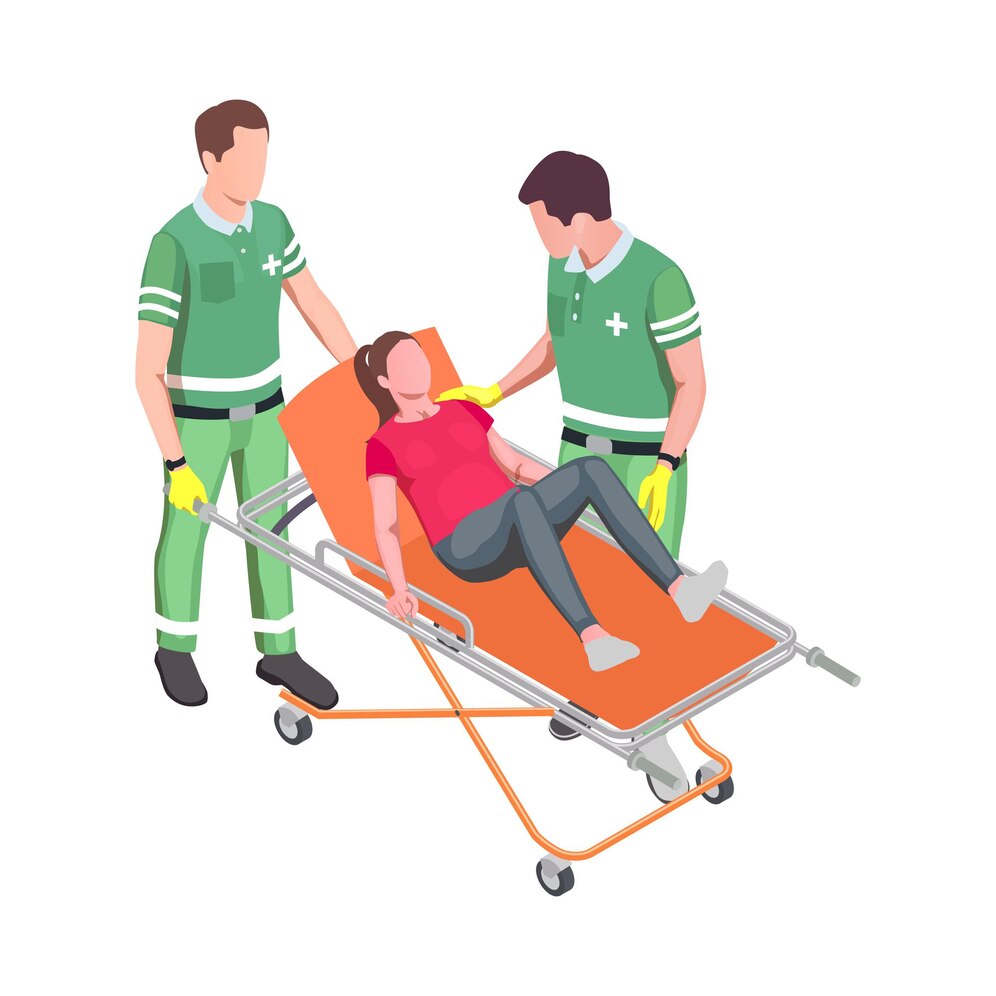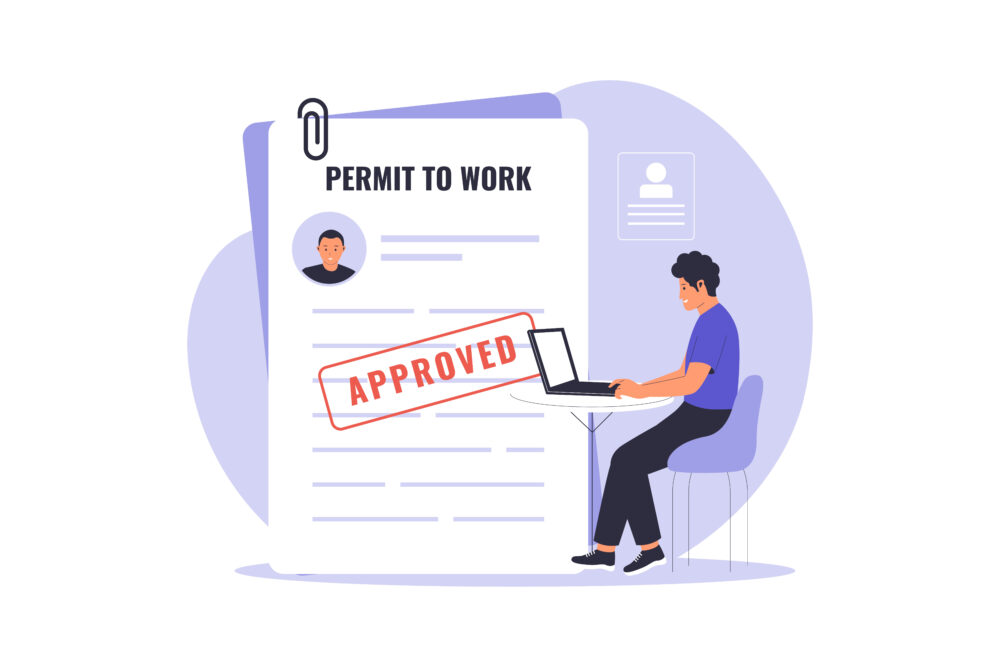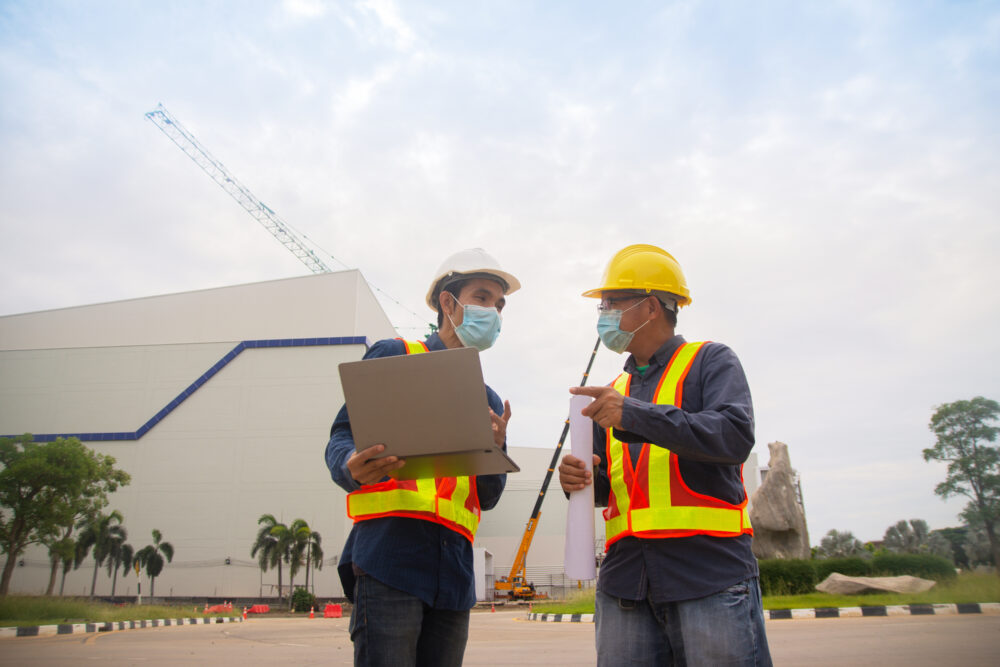When suffering from an occupational accident, depending on the level of loss of working ability, employees participating in labour accident insurance will be entitled to work accident benefits. However, determining whether an accident that an employee encounters is an occupational accident to be entitled to work accident benefits or not must be based on certain conditions, especially when he works from home. Regarding working from home, some countries around the world have conditions to determine occupational accidents specifically for this form of work. For Vietnam, the conditions for determining occupational accidents when working from home are not separate but are generally regulated in Law on Occupational Safety and Hygiene 2015 and related legal documents.

1. Determining occupational accidents when working at home in some countries around the world
In Canada, the Act respecting industrial accidents and occupational diseases (CQLR c A-3.001) does not make any distinctions, conditions or requirements regarding the location of an accident in order to enjoy benefits under the law, except to its territorial extent under sections 7 to 8.1 of the Act.1 Accordingly, Article 1 of the Act only stipulates that an industrial accident means a sudden and unforeseen event, attributable to any cause, which happens to a person, arising out of or in the course of his work and resulting in an employment injury to him.
A typical example of determining an accident when an employee works from home is considered an occupational accident is the dispute between Alexandria Gentile-Patti and her employer Air Canada in 2021. Specifically, due to the impact of the Covid-19 epidemic, Ms. Alexandria Gentile-Patti being a customer service employee had to work from home under the request of Air Canada. On September 25, 2020, during her lunch break, Ms. Alexandria Gentile-Patti fell down the stairs when leaving the work area on the second floor to eat lunch. Therefore, she requested compensation from Air Canada. Although Air Canada argued that her fall had nothing to do with her employment because she was at home and not working when she fell. However, the Quebec Administrative Labor Tribunal (Tribunal Administratif Du Travail) ruled that Ms. Alexandria Gentile-Patti was entitled to compensation due to an occupational accident.2
Specifically, the Court has established criteria to determine whether an occupational accident occurred during the performance of work, including location, time of the event, and remuneration to the employee performed at the time of the accident, the existence and extent of the employer’s authority over the employee, the purpose of the activity performed at the time of the event whether accidental or discretion, the relationship or relative usefulness of the activity performed by the employee to the completion of the job. These criteria are always evaluated and considered in relation to each other. However, the Court paid special attention to the criteria of interdependence, the purpose of the activity and its connection to the performance of the work. Therefore, the Court must find out the purpose of the activity performed by the employee at the time of the event. If the purpose of performing the activity does not fall within the framework of the employer’s activities, expectations, interests or goals, it will be part of the employee’s personal scope and cannot be considered to have occurred in the course of work.
In Ms. Gentile-Patti’s case, although she suffered an accident during her time off, it was an integral part of her job while working from home at the request of her employer. According to the work schedule set by her employer, Ms. Gentile-Patti is entitled to breaks and has a period of time for lunch. Therefore, these breaks are parts of the job as determined by the employer. On the other hand, the Court held that in this case there was no need to ask whether her eating out activities were within the scope of professional or personal scope and whether the employer obtained certain benefits or not because of a high degree of precision regarding the specific activity at the time of the accident (i.e. going out to eat) will not necessarily be as decisive as the judgment Savard et Centers Jeunesse Montérégie 2021 QCTAT 2659. Therefore, the Court concluded that Ms. Gentile-Patti’s fall down the stairs at her home while engaged in a personal activity, during a break from work was nonetheless an occupational accident that should be compensable.3
In Germany, the decision dated December 8, 2021 of Germany’s Federal Social Court (Aktenzeichen B 2 U 4/21 R) clarified that an employee falling while walking up the stairs from his sleeping place to his workplace at home and having injury to the spine is an occupational accident so he was entitled to accident insurance according to law.4 The German Court’s decision is also based on the argument about the relationship between the employee’s actions and his job. Since in this case the employee uses the stairs only for the purpose of starting work at his home, this is for the direct benefit of the employer, specifically when making the descent stairs – the activity that led to the accident, the employee was performing an activity that served the employer (i.e. starting work). Similar rules were also found in other countries such as Chile and Italy.5
2. Occupational accidents and conditions for being entitled to occupational accident benefits according to Vietnamese law
According to clause 8, Article 8 of Law on Occupational Safety and Hygiene 2015, an occupational accident is understood as an accident that causes damage to any part or function of the body or causes death to the employee, occurring during the working process, associated with the performance of work and labor tasks. With this regulation, an accident is considered an occupational accident when three conditions are met: (i) the employee’s health or life is damaged; (ii) the accident must occur during the working process; (iii) the accident must be associated with the employee’s performance of work and duties.
To determine the conditions for employees participating in labour accident insurance to be entitled to occupational accident benefits, Article 45 of Law on Occupational Safety and Hygiene 2015 stipulates that the following conditions must be met, including:
First, the employee must have an accident in one of the following cases: (i) At the workplace and during working hours, including while performing necessary daily needs at the workplace or during working hours. Work that is allowed by the Labor Code and internal regulations of production and business establishments, including breaks, mid-shift meals, in-kind compensation, menstrual hygiene, bathing, breastfeeding, going to the toilet; (ii) Outside the workplace or outside working hours when performing work at the request of the employer or a person authorized in writing by the employer to directly manage labor; (iii) On the route from home to work or from work to home within a reasonable time and route;
Second, the employee must have a decrease in working capacity of five percent or more due to an accident in one of the above cases;
Third, the employee is not eligible for benefits from the employer when suffering from an occupational accident as prescribed in clause 1, Article 40 of Law on Occupational Safety and Hygiene 2015 such as being an accident due to the conflict between the victim and the person causing the accident that is not related to the performance of work or labor duties; intentionally destroy their own health; use drugs and other addictive substances contrary to the provisions of law.
Based on the above regulations, the law on occupational safety and hygiene does not clearly distinguish between cases where employees have accidents while working at home or working directly at the employer’s workplace or locations designated by the employer that only need to meet the above conditions will be entitled to occupational accident benefits.
(1) https://www.canlii.org/en/qc/laws/stat/cqlr-c-a-3.001/latest/cqlr-c-a-3.001.html#document
(2) https://www.canlii.org/fr/qc/qctat/doc/2021/2021qctat5829/2021qctat5829.pdf
(3) Marty Rabinovitch and David Heppenstall (2022), Employees Injured While Working from Home Could be Entitled to Workers’ Compensation, Devry Smith Frank LLP, https://devrylaw.ca/employees-injured-while-working-from-home-could-be-entitled-to-workers-compensation/
(4) https://www.bsg.bund.de/SharedDocs/Pressemitteilungen/DE/2021/2021_37.html
(5) Industrial Relations and Labour Law (2022), Germany: a case of occupational accident while working from home, https://industrialrelationsnews.ioe-emp.org/industrial-relations-and-labour-law-march-2022/news/article/germany-a-case-of-occupational-accident-while-working-from-home
Disclaimers:
This article is for general information purposes only and is not intended to provide any legal advice for any particular case. The legal provisions referenced in the content are in effect at the time of publication but may have expired at the time you read the content. We therefore advise that you always consult a professional consultant before applying any content.
For issues related to the content or intellectual property rights of the article, please email cs@apolatlegal.vn.
Apolat Legal is a law firm in Vietnam with experience and capacity to provide consulting services related to Employment and contact our team of lawyers in Vietnam via email info@apolatlegal.com.





































